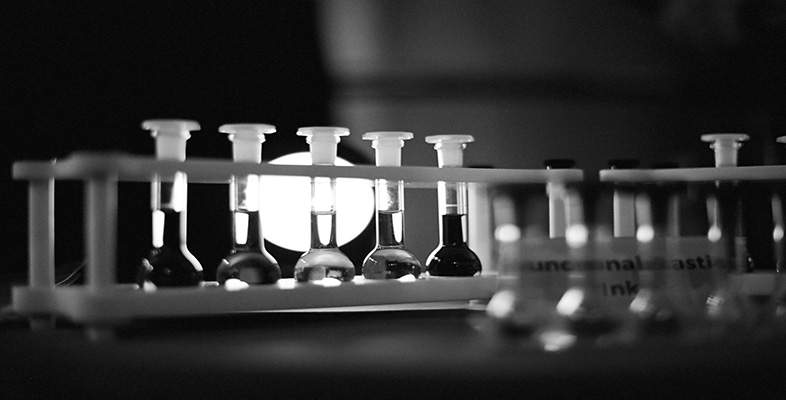2 Preparing for the course
You are required to engage with some preparatory work before the start of the course. The first activity – ‘Preparation of research summary’ – will allow us to orient the various sessions towards your specific experiences. Please complete this activity now following the instructions provided below.
Activity 1 Preparation of research summary
Please complete a brief ‘lay’ description of your scientific research. By ‘lay’ we mean that it should be written with an audience of non-scientists in mind. Your summary should be up to 500 words long, and include some discussion of why your research is important, what it is you are trying to achieve, as well as a description of how you conduct your research, and what you have achieved. Are there social and ethical issues associated with your work? What are they?
Readings 1 and 2 have a slightly different purpose to the activity you have just completed. They provide an introduction to some key thinking on the contemporary relationship between science and society, issues that will be revisited during the residential element of the course.
In completing these readings, and answering the questions posed, you are being asked to engage critically with these ideas and to reflect on your perspective and practice as a working scientist. But this is not a test; nor does it require that you prepare detailed, fully worked answers to these questions. Rather, we are asking you to use these readings and the associated questions as preparation for the types of issues and questions that will be addressed during the face-to-face sessions.
Please make notes on the questions asked below and bring these with you to the residential element of the course. (You are not required to submit your answers to these questions prior to the start of the course.)
Reading 1
You should now read Chapter 1 – ‘The scientific state we're in’ and Chapter 4 – ‘Citizen scientists’ of the following pamphlet: Wilsdon, J., Wynne, B. and Stilgoe, J. (2005). The Public Value of Science, DEMOS, London. (A copy of this pamphlet is available online at: http://www.demos.co.uk/publications/publicvalueofscience.)
As you read these two chapters, please make notes on the following questions:
-
What are your impressions of the House of Lords report discussed in Chapter 1 on page 16? Do you agree that there is indeed a ‘crisis of confidence’ in science–society relations?
-
With the examples of Mark Welland and Alexis Vlandis in mind (Chapter 4, pp. 45–6), think about the experiences you have had of talking about your work to different types of ‘publics’ (parties, family, public lectures, policy makers, media, etc.). What did you learn from such experiences?
-
What occasions and opportunities have you had to reflect on the social and ethical implications of your work? For example, have you participated in science outreach or public engagement activities, informal discussions, grant applications, courses, etc.? What, if anything, did you learn from these experiences?
The DEMOS pamphlet makes references to discussion of ‘... the codes, values and norms that govern scientific practice...’ (Chapter 1, page 19) and Merton's ‘CUDOS norms of Communalism, Universality, Disinterestedness, Originality and Scepticism’ (Chapter 4, p. 48). These ‘norms’ – by which we mean the types of informal social rules that are learnt and enacted, as people practice science professionally – are examined in more detail in Reading 2.
Reading 2
Ziman, J. (1996) ‘Is science losing its objectivity?’ Nature 382, pp. 751–4.
In this article the late John Ziman revisits the ‘CUDOS’ norms that were initially outlined by the American sociologist Robert Merton. As you read this short article, please make notes on the following questions:
-
To what extent do the ‘social norms’ of Robert Merton – encapsulated in the acronym CUDOS – apply to science as you have experienced it?
-
Ziman (writing in 1996) argues that ‘post-academic science’ is now more prevalent, sharing some of the hallmarks of what was traditionally called ‘applied science’ – and that this move is changing the practice (and perception) of science. Do you agree? Please consider a couple of examples when formulating your answer.
-
Ziman warns us of a ‘loss of objectivity’ – science becoming increasingly ‘shot though with social interest’. In your experience, are scientists and scientific expertise now less ‘trusted’ as a result?
Click to view ‘Is science losing its objectivity? [Tip: hold Ctrl and click a link to open it in a new tab. (Hide tip)] ’ (PDF, 4 pages, 1MB)
The final three sections of this preparatory booklet detail the timetable for the residential element of the course, provide a list of further background reading, and short biographies of contributors.
